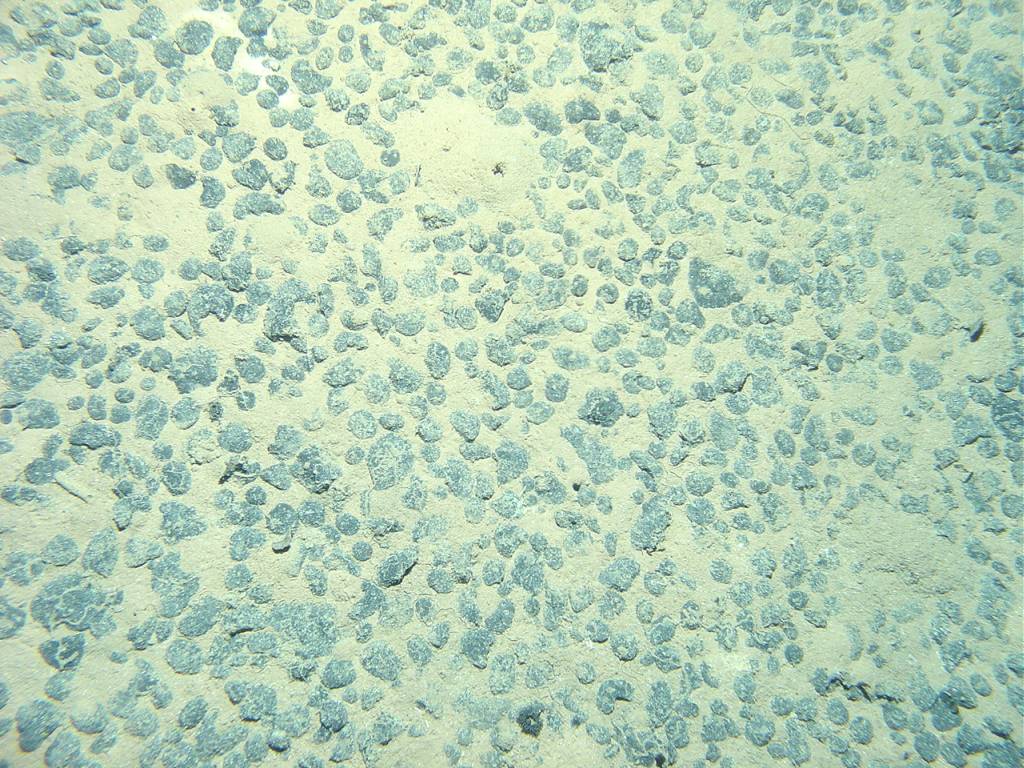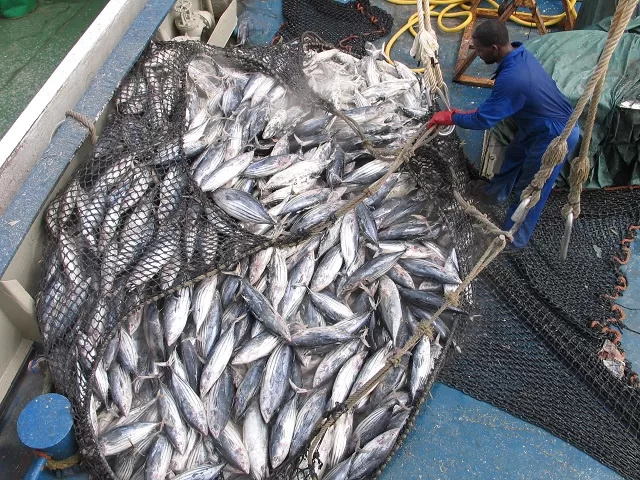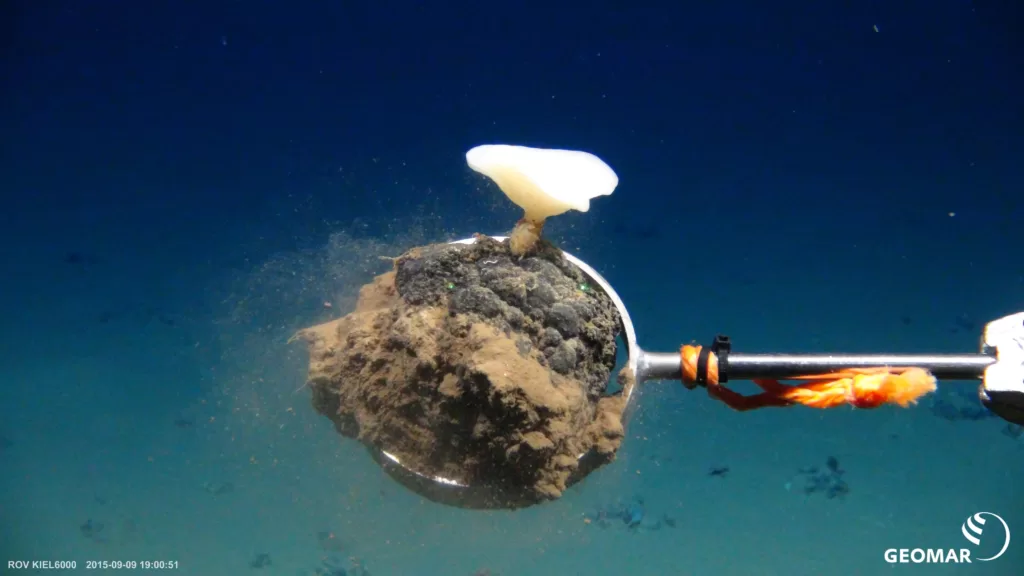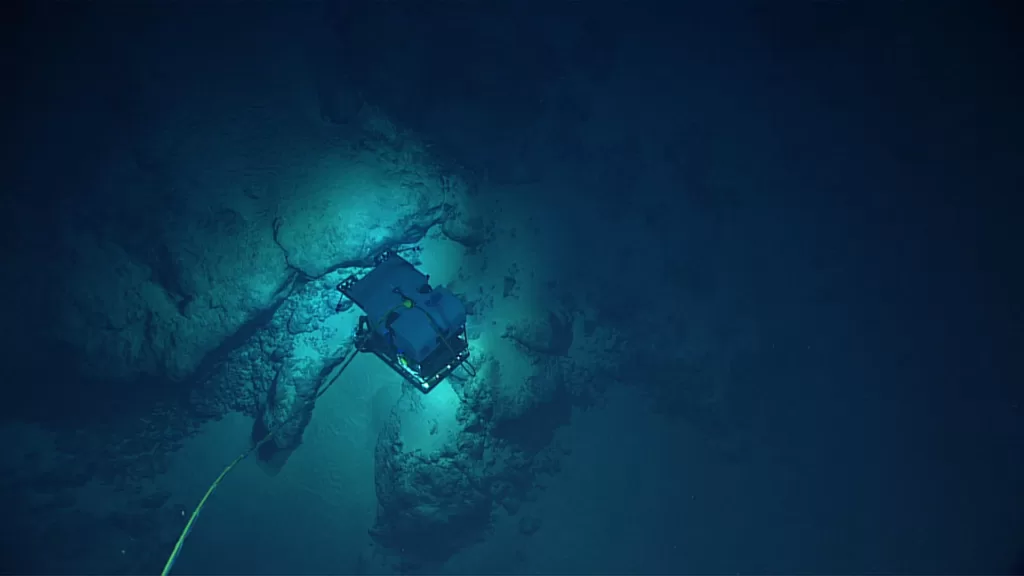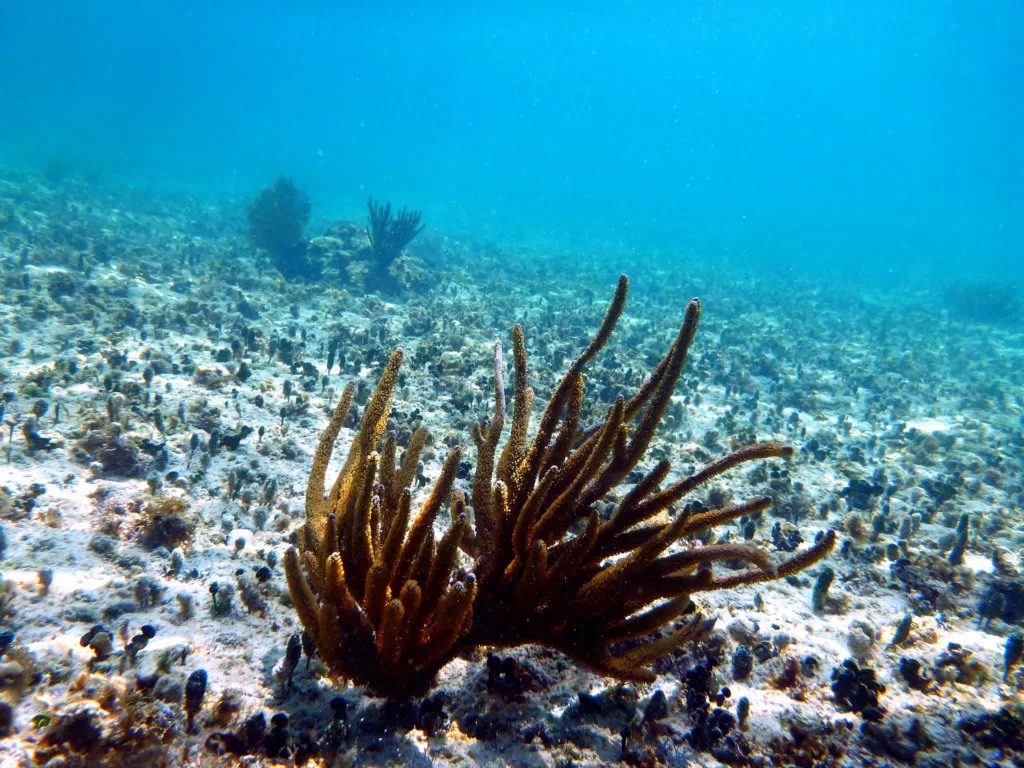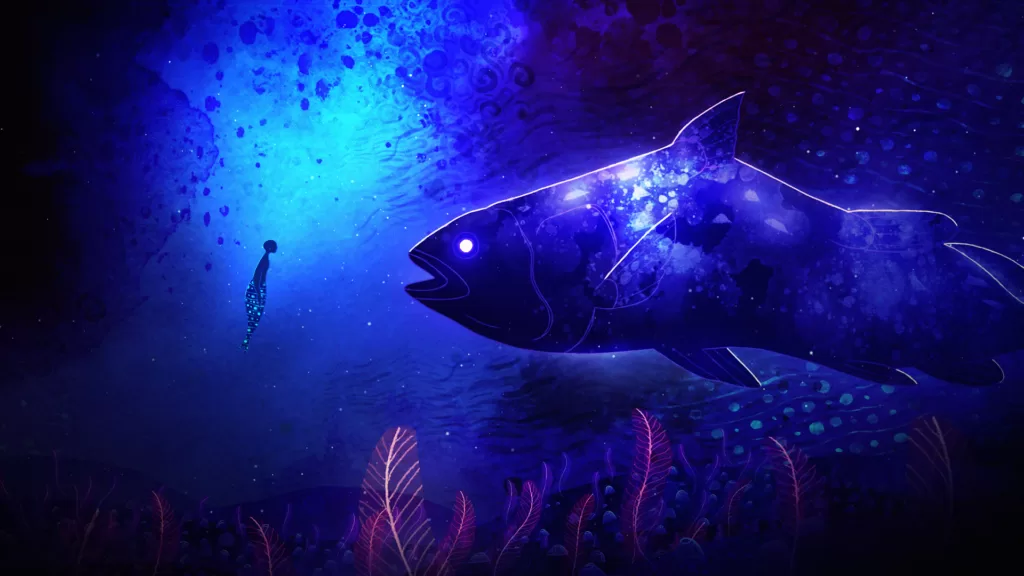Gaining social legitimacy of deep sea mining should consider who makes the decisions and how.
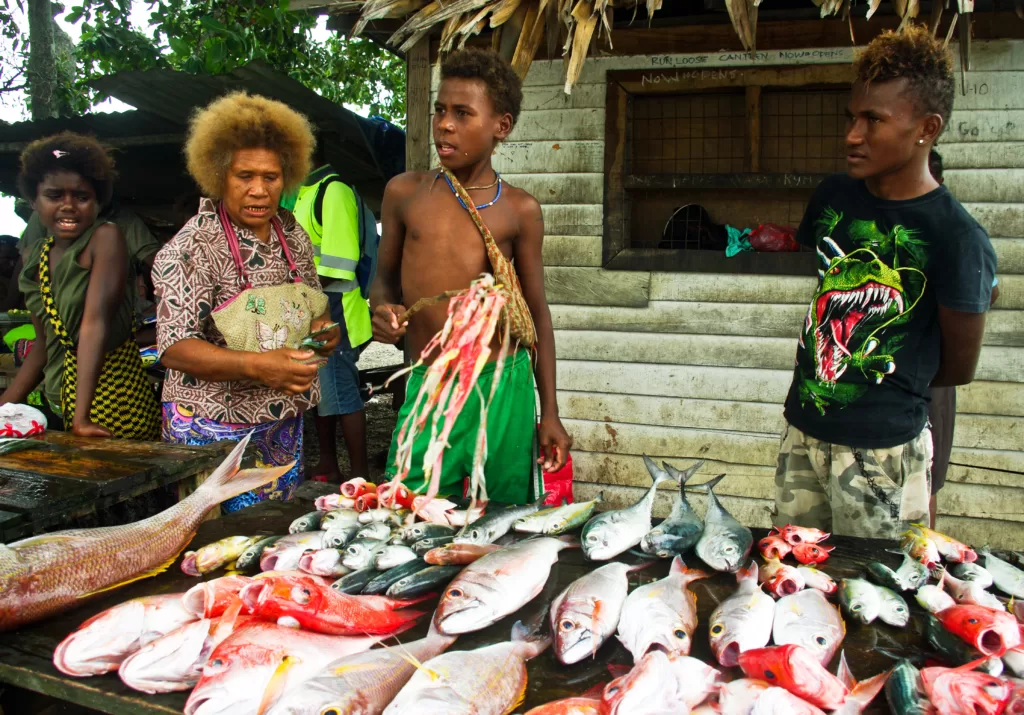 A portion of economic benefits from seabed mining should be shared with the international community : Richard Nyberg, USAID CC BY-NC 2.0
A portion of economic benefits from seabed mining should be shared with the international community : Richard Nyberg, USAID CC BY-NC 2.0
Gaining social legitimacy of deep sea mining should consider who makes the decisions and how.
Scouring the deep ocean for minerals such as copper, cobalt and manganese — commonly found in electronics and other goods — could start soon, despite scientists’ concerns about its environmental and social impacts.
The regulatory body for deep sea mining on the international seabed, the International Seabed Authority, is under pressure to finalise international regulations by July but there are a range of issues that have not been addressed, including the equitable distribution of profits, impacts on the fisheries industry and ecosystem damage.
Major international companies like Google, BMW, Volvo and Samsung have called for a pause on deepsea mining, and there are risks it could face consumer boycotts if the industry does not gain social legitimacy — or follow societal norms and beliefs.
We’ve seen this in the failed deep sea mining project in Papua New Guinea which faced financial challenges, but also public rejection.
The International Seabed Authority has the legal mandate to regulate deep sea mining under the United Nations Convention on the Law of the Sea. As such, it can decide whether to allow seabed mining or not.
However, concerns revolve around whether its current decision-making processes benefit humanity as a whole, as mandated in the UN Law of the Sea.
Its obligation to act on behalf of humankind requires the International Seabed Authority to consider the environmental impacts and possibilities of negative economic effects, particularly for developing economies, when regulating deep sea mining.
This is because the Law of the Sea classifies minerals on the international seabed as the common heritage of humankind, meaning they should be managed for the benefit of all.
It states a portion of economic benefits from seabed mining must also be shared with the international community, but how much and for what purposes has yet to be clarified.
To obtain a mining contract from the International Seabed Authority, mining operators need a sponsoring state.
States may receive royalties and financial benefits from mining operators in return for acting as a sponsor.
But the legal, social and economic risks may outweigh any potential benefits to local communities.
Mining arrangements between small island states and a mining company from a developed economy can create benefits, but it can also undermine the collective interests of developing states.
For example, sponsoring states can be held liable under international law for environmental damage.
Nauru, Tonga, and Kiribati currently sponsor exploration contracts for The Metals Company based in Canada, previously known as DeepGreen.
The company has links to the now insolvent Nautilus Minerals, which sought to mine seabed minerals in waters off Papua New Guinea. The endeavour failed, leaving Papua New Guinea USD$120 million in debt.
Deep seabed mining also relies on high technology and robotics to conduct much of its operations and is thus unlikely to foster a local workforce.
As a new industry, the technology used to mine remains unproven at scale, and significant environmental concerns persist.
Gaining wider acceptance of deep sea mining will not only need to consider what decisions are made, but also how and by whom.
Those likely to be most affected — the fishing industry, indigenous and local communities, the tourism sector and other ocean-based industries — should be able to have a say and be represented in the decision-making process.
Given that the international seabed is the common heritage of humankind, the interests of future generations also need to be considered.
Transparent, fair and inclusive engagement with a broad range of stakeholders can help to avoid future conflict and create more equitable outcomes, including by not placing a disproportionate burden on developing countries.
As the clock ticks down, we may see increasing pressure on industry and governments to rule out using minerals sourced from the oceans.
But seabed mining is a long way from obtaining a social licence from the people most affected.
Dr Aline Jaeckel is Associate Professor at the Australian National Centre for Ocean Resources and Security (ANCORS) at the University of Wollongong. She received funding from the Australian Research Council’s DECRA scheme.
Professor Quentin Hanich leads the Fisheries Governance Research Program and is a Nippon Foundation Ocean Nexus Research Chair at the Australian National Centre for Ocean Resources and Security (ANCORS) at the University of Wollongong. Quentin is also the Editor-in-Chief of the journal, Marine Policy and a member of the UN Experts Panel for the World Ocean Assessment, and the IUCN World Commission on Protected Areas.
Dr Harriet Harden-Davies is Director of the Nippon Foundation Ocean Voices Programme at University of Edinburgh. Her research focuses on the governance of marine areas beyond national jurisdiction.
Judith van Leeuwen is Associate Professor at the Environmental Policy Group of Wageningen University.
Dr Holly Niner is a Research and Knowledge Exchange Fellow at the University of Plymouth focusing on the governance of marine and coastal resources and space. Her research is funded by the United Kingdom Research and Innovation (UKRI), Global Challenges Research Fund (GCRF) and One Ocean Hub.
Dr Katherine Seto is an Assistant Professor in the Environmental Studies Department at the University of California at Santa Cruz. Her research focuses on access, sustainability, and equity in the use of marine and coastal resources.
Dr Michelle Voyer is an Associate Professor with the Australian National Centre for Ocean Resources and Security (ANCORS) at the University of Wollongong, Australia. Her research examines the social and governance challenges surrounding the emerging Blue Economy.
The article is based on two previous publications, from 360info and one in NPJ Ocean Sustainability. For the second paper, the authors hold the copyright but the publishing agreement requires them to ‘acknowledge and reference first publication in the Journal’.
Originally published under Creative Commons by 360info™.
Editors Note: In the story “MINING THE DEEP” sent at: 03/07/2023 07:36.
This is a corrected repeat.


